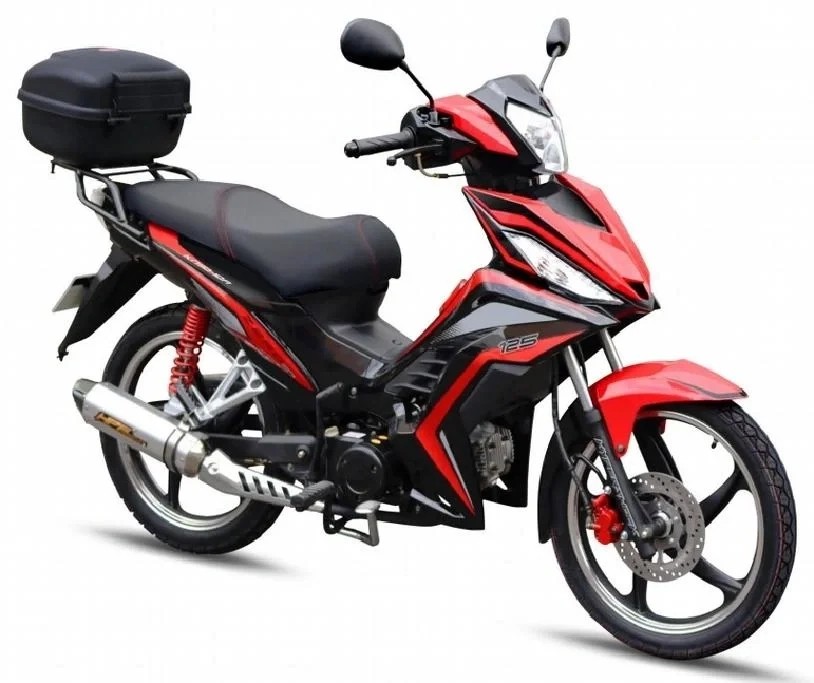Transit systems play a crucial role in modern society, providing a convenient and efficient means of transportation for millions of people worldwide. However, it is essential to recognize that transit operations also have significant environmental impacts. In this blog post, we will delve into the various aspects of transit's ecological footprint, exploring the environmental consequences and potential solutions to mitigate them.
- Greenhouse Gas Emissions:
One of the most prominent environmental impacts of transit is the emission of greenhouse gases (GHGs). Vehicles powered by fossil fuels release carbon dioxide (CO2), methane (CH4), and nitrous oxide (N2O), contributing to climate change. To combat this, transit agencies are increasingly adopting electric or hybrid buses and trains, reducing emissions and improving air quality. - Air Pollution:
Transit systems, particularly those relying on diesel-powered vehicles, contribute to air pollution. Harmful pollutants like nitrogen oxides (NOx), particulate matter (PM), and volatile organic compounds (VOCs) are released into the atmosphere, leading to respiratory issues and other health problems. Implementing cleaner fuel technologies and promoting the use of electric vehicles can significantly reduce these emissions. - Land Use and Habitat Loss:
The development of transit infrastructure often requires substantial land use, leading to habitat destruction and fragmentation. Construction activities can disrupt ecosystems, displacing wildlife and altering natural habitats. To minimize these impacts, transit planners should prioritize sustainable design practices, such as incorporating green spaces and wildlife corridors into transit projects. - Noise Pollution:
Transit systems, especially those operating in urban areas, generate significant noise pollution. Frequent train or bus movements, along with associated infrastructure, contribute to noise levels that can disrupt communities and harm human health. Employing noise barriers, sound-absorbing materials, and implementing quieter technologies can help mitigate these impacts. - Energy Consumption:
Transit operations consume vast amounts of energy, primarily for vehicle propulsion and infrastructure maintenance. Reducing energy consumption can be achieved through various means, including optimizing routes, adopting energy-efficient technologies, and exploring alternative energy sources like solar or wind power. - Waste Generation:
Transit systems generate substantial amounts of waste, including discarded tickets, food containers, and maintenance materials. Proper waste management practices, such as recycling and waste reduction initiatives, should be implemented to minimize the environmental impact of transit-related waste.
Conclusion:
While transit systems offer numerous benefits, it is crucial to acknowledge and address their environmental impacts. By adopting sustainable practices, such as transitioning to electric vehicles, reducing emissions, and minimizing habitat disruption, transit agencies can contribute to a greener future. Recognizing the ecological footprint of transit is the first step towards implementing effective solutions that balance the need for efficient transportation with environmental stewardship.




+ There are no comments
Add yours